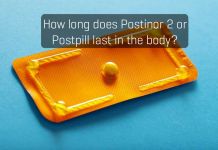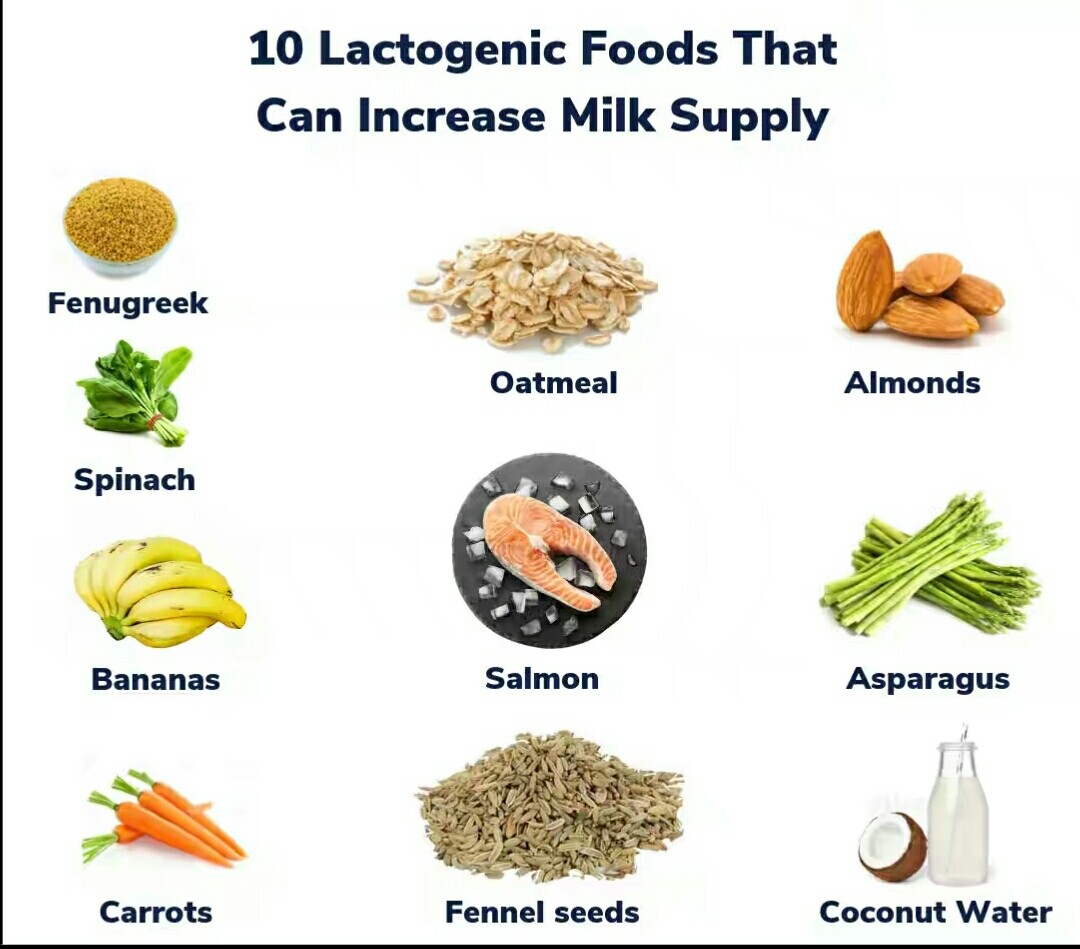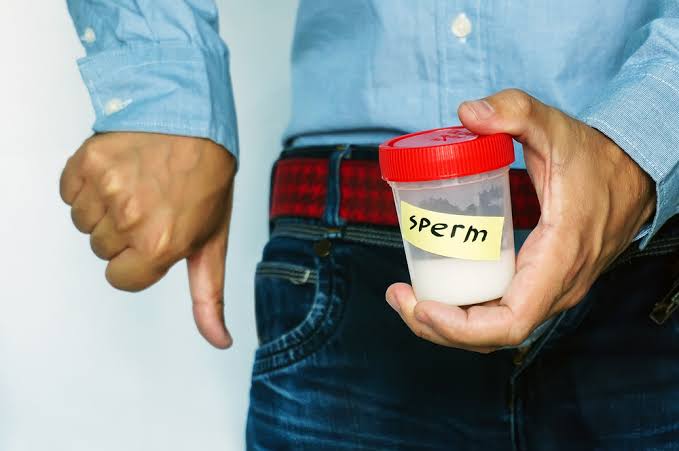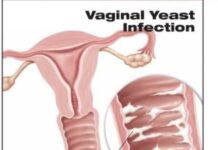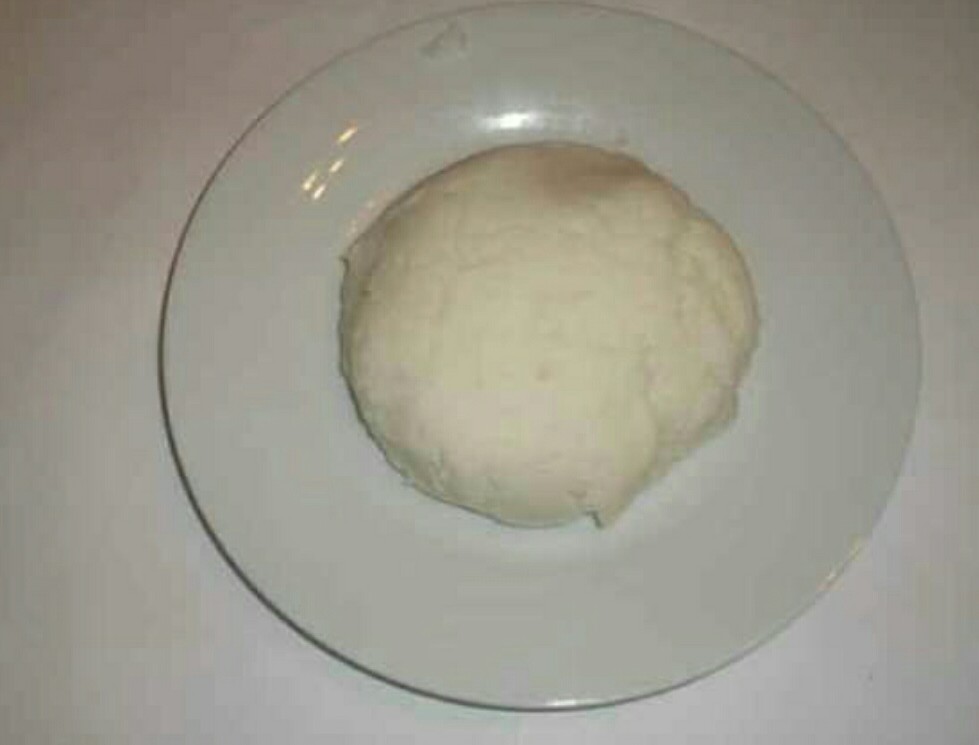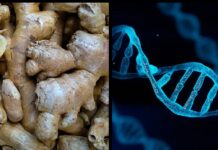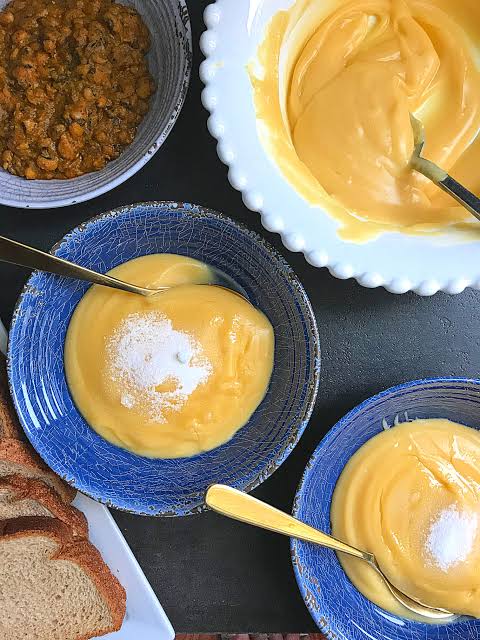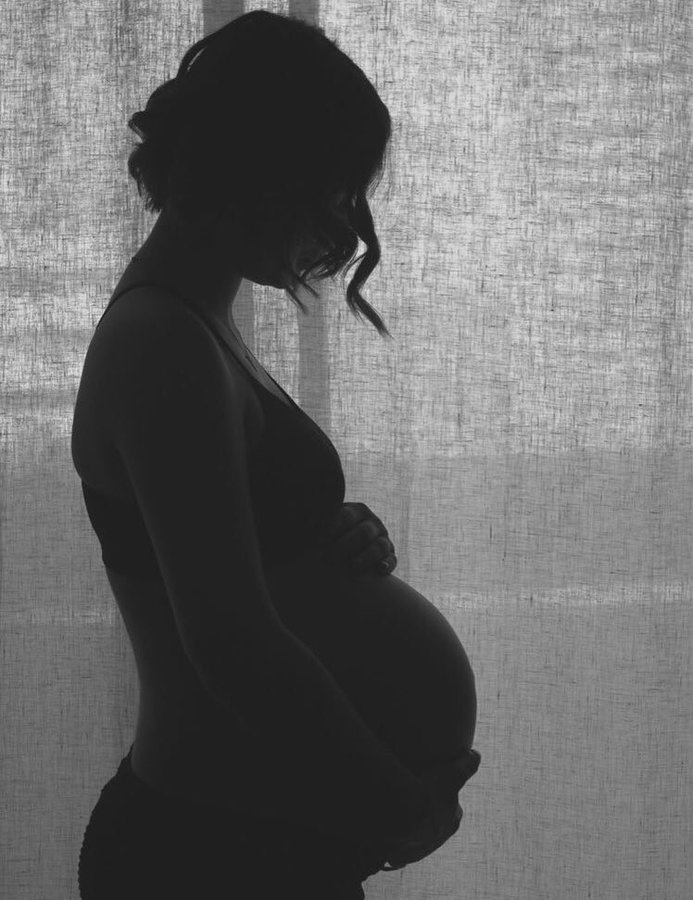Woman’s Biological Clock: What Age Does a Woman Stop Being Fertile?
You’ve probably heard the term ‘biological clock’ used to describe the idea that in people with ovaries, fertility potential is constantly ticking away as if it’s on a timer that will eventually reach zero.
That ticking apparently gets louder & more urgent through your 20s and 30s, pushing you to get pregnant and have a baby.
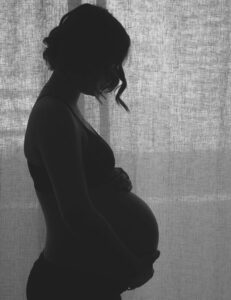
And then, so the story goes, something significant happens at the pivotal age of 35, when your chances of conceiving without assistance allegedly fall off a cliff, take a nosedive, or otherwise abide by whichever foreboding metaphor might come to mind.
Except…that’s not really what happens.
As is usually the case with body-related things, the truth is so much more complicated than ‘biological clock’ makes it seem.
Unless something unusual and extreme happens, a person with ovaries won’t suddenly wake up on their 35th birthday unable to conceive.
However, it is true that fertility declines over time & that fertility experts see 35 as something of a landmark age in this process.
But why is that exactly? At what age does a woman stop being fertile?
Here’s how fertility changes over time & what to keep in mind if you know you want to conceive at some point in the future.
Fertility is based on what’s known as ovarian reserve.
The term ‘ovarian reserve’ generally describes how many eggs someone has available for ovulation, the quality of those eggs, and how well those eggs can interact with the hormones that control their development and ovulation.
It’s widely believed that people with ovaries are typically born with a whopping 1 to 2 million eggsse
That sounds like a lot. It is actually a lot.
But most of those eggs don’t get a chance to burst forth from an ovary on a mission to potentially be fertilized.
By puberty, this egg number has already declined to 300,000 to 500,000h. This is due to atresia, the natural process through which follicles that house eggs in the ovaries degenerate and die.
Ultimately, of all those eggs you’re born with, only approximately 400 will ovulate over the reproductive lifespan.
This number will of course change if someone is on ovulation-suppressing birth control for long periods of time or if they have a health condition that impacts ovulation, like polycystic ovary syndrome(PCOS).
Ovarian reserve is generally estimated to peak between a person’s late teens and late 20s. It then starts declining by age 30 (as does your fertility) partly because viable eggs are dying more quickly.
But it’s not just the quantity of eggs you have that matters, it’s also the quality.
In addition to your number of viable eggs decreasing with age, as eggs get older they’re more likely to have too many or too few chromosomes, which can make it harder to become pregnant and carry a pregnancy to term.
With age, pregnancy rates decline and miscarriage rates increase.
By the time you get to be about age 45, the chances of conceiving without assistance are drastically lower than before.
This is part of perimenopause, or the time when ovulation and menstruation happen less often.
At this point, your menstrual cycle may get shorter, which means your periods might become irregular.
It may still be possible to get pregnant naturally at that point, but it’ll be much more difficult.
With irregular cycles, the window of fertility is harder to predict.
Eventually, when you haven’t had a period for at least a year, you’re officially in menopause. The average age of menopause is 51, but it depends.
Since there’s a pretty wide gap between your mid-30s and when menopause sets in, what’s all the fertility-related commotion surrounding age 35?
In general most people are still fertile and able to get pregnant naturally at age 35, but research shows that egg quantity and quality start to go down “more noticeably” around this age.
This can make it harder to get pregnant.
Note the “more noticeably.” I mentioned above. Declining fertility is a gradual process that starts around age 30, not one that’s nonexistent until it kicks into overdrive at age 35.
In reality, there are other things that can cause problems conceiving sooner than many of us expect.
Health conditions that affect the reproductive system are prime causes of this.
For instance, polycystic ovary syndrome is the most common cause of infertility.
One of its hallmarks is irregular or absent ovulation, which can make it really difficult to get pregnant.
If you know you want to conceive in the future, it’s a good idea to plan ahead.
If your 35th birthday is tomorrow, there’s no real reason to treat it as a funeral for your fertility.
The data and the various factors affecting your fertility are much more complex than that.
But if you know that you want to conceive with your own eggs and you have the resources available, it’s a good idea to be proactive.
That means doing things like checking in with your gynecologist, quitting smoking, and cutting back on alcohol if you drink heavily.
And, you know, factoring in the sperm too.
For some, that might mean having regular sex once you’re actually ready to get pregnant.
For others, that might mean talking to an assisted reproductive technology specialist about your options.
It all depends on your situation. So, relax and live your life…..
Written by:
Image Credit: Google




